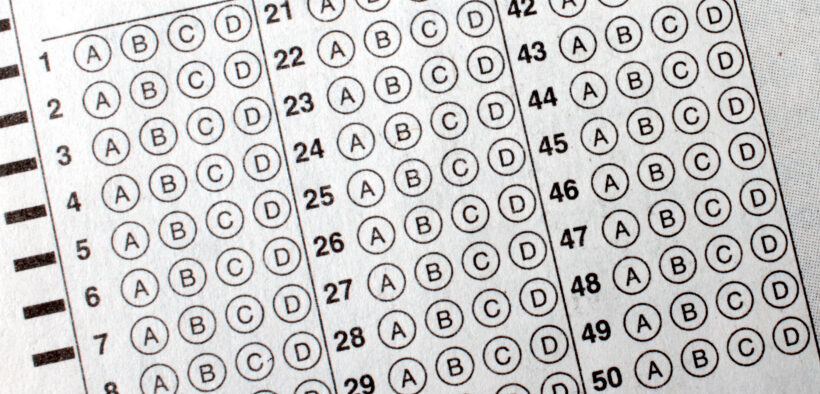Tests provide one measure of our students’ learning according to the standards of the instructor and the field. But tests also affect our students socially, emotionally, and financially and influence their science-minded identities for years to come. We owe it to students to create fair tests with transparent expectations, clear guidelines for studying, and questions that adhere to scholarly practices. Our goal at the 2020 Teaching Professor Conference was to provide a road map to improving the quality of the machine gradable test items. We emphasized crafting and aligning learning objectives with test items and provided an item-writing checklist to help instructors critique and improve their test items.
Improving the Quality of Machine-Gradable Questions

Related Articles
I have two loves: teaching and learning. Although I love them for different reasons, I’ve been passionate about...
Geniuses are inherently fascinating. The notion that a lucky few have innate abilities to push the boundaries of...
Teachers focus on developing students’ conscious learning and understanding of concepts, but there is a whole other dimension...
While much of online learning occurs through discussion board conversations, it can be challenging for students to offer...
“Why does my edition of Hamlet read ‘O, that this too, too sullied flesh would melt,’” my student...
After all, nearly every large language model (LLM) is good at summarizing readings, synthesizing large amounts of data...
In 1906, Francis Galton was visiting a livestock fair when he stumbled upon an interesting contest. Local villagers...









One Response
I particularly appreciated your comments that, “They should construct tests that minimize excessive or unnecessary reading.” This is an issue whenever a new textbook is adopted. I noticed a test quality challenge recently when my department made the well-meaning leap to an open source textbook. While the new content was as good as the old, the old test bank did not match. Each author used a slightly different voice to describe even basic concepts. If multiple choice quiz questions don’t match in voice, wording, or definitions, this can unfairly confuse students and drive them to “Google” the answers. This is a serious problem with online teaching. Students who have done the required reading deserve quiz questions that test concepts using the same wording. In fairness to students, whenever a new textbook is adopted, a new test bank should be written to match.